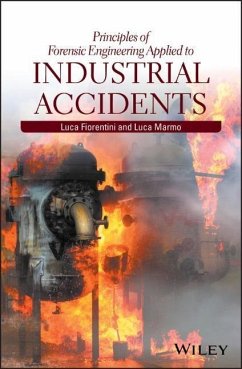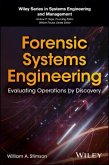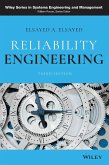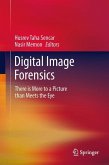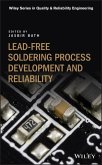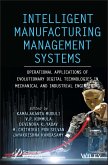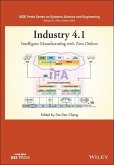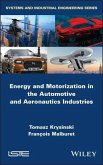An introductory text on the investigation of industrial accidents
Forensic engineering should be seen as a rigorous approach to the discovery of root causes that lead to an accident or near-miss. The approach should be suitable to identify both the immediate causes as well as the underlying factors that affected, amplified, or modified the events in terms of consequences, evolution, dynamics, etc., as well as the contribution of an eventual "human error".
This book is a concise and introductory volume to the forensic engineering discipline which helps the reader to recognize the link among those important, very specialized aspects of the same problem in the global strategy of learning from accidents (or near-misses). The reader will benefit from a single point of access to this very large, technical literature that can be only correctly understood with the right terms, definitions, and links in mind.
Keywords:
_ Presents simple (real) cases, as well as giving an overview of more complex ones, each of them investigated within the same framework;
_ Gives the readers the bibliography to access more in-depth specific aspects;
_ Offers an overview of the most commonly used methodologies and techniques to investigate accidents, including the evidence that should be collected to define the cause, dynamics and responsibilities of an industrial accident, as well as the most appropriate methods to collect and preserve the evidence through an appropriate chain of security.
Principles of Forensic Engineering Applied to Industrial Accidents is essential reading for researchers and practitioners in forensic engineering, as well as graduate students in forensic engineering departments and other professionals.
Hinweis: Dieser Artikel kann nur an eine deutsche Lieferadresse ausgeliefert werden.
Forensic engineering should be seen as a rigorous approach to the discovery of root causes that lead to an accident or near-miss. The approach should be suitable to identify both the immediate causes as well as the underlying factors that affected, amplified, or modified the events in terms of consequences, evolution, dynamics, etc., as well as the contribution of an eventual "human error".
This book is a concise and introductory volume to the forensic engineering discipline which helps the reader to recognize the link among those important, very specialized aspects of the same problem in the global strategy of learning from accidents (or near-misses). The reader will benefit from a single point of access to this very large, technical literature that can be only correctly understood with the right terms, definitions, and links in mind.
Keywords:
_ Presents simple (real) cases, as well as giving an overview of more complex ones, each of them investigated within the same framework;
_ Gives the readers the bibliography to access more in-depth specific aspects;
_ Offers an overview of the most commonly used methodologies and techniques to investigate accidents, including the evidence that should be collected to define the cause, dynamics and responsibilities of an industrial accident, as well as the most appropriate methods to collect and preserve the evidence through an appropriate chain of security.
Principles of Forensic Engineering Applied to Industrial Accidents is essential reading for researchers and practitioners in forensic engineering, as well as graduate students in forensic engineering departments and other professionals.
Hinweis: Dieser Artikel kann nur an eine deutsche Lieferadresse ausgeliefert werden.

